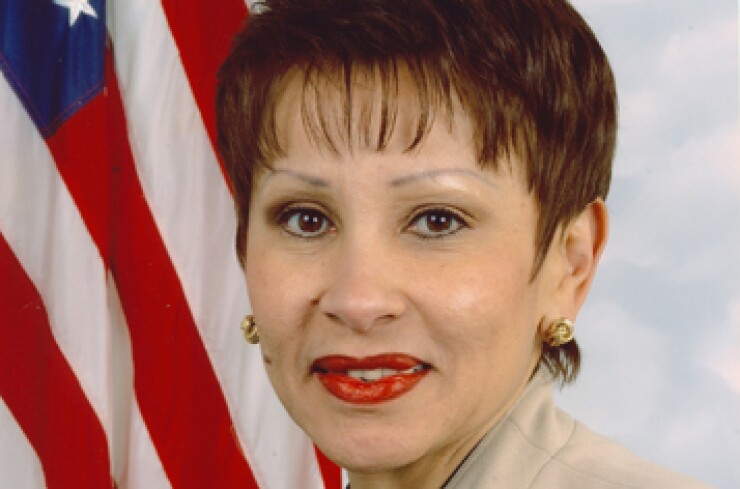
WASHINGTON – The House approved a bill by voice vote on Monday that would put an end to a current legal loophole that a lawmaker contends has led to financial losses for many Puerto Rican investors and retirees.
The U.S. Territories Investor Protection Act of 2016 (H.R. 5322), introduced by Nydia Velázquez in May, will now move to the Senate for consideration. It previously passed the House Financial Services Committee by a unanimous vote. The legislation would extend to Puerto Rico and other U.S. territories the same protections under the Investment Company Act of 1940 as those afforded to investors residing on the U.S. mainland.
Velázquez has said that under a loophole in the act, broker-dealers have been able to act as underwriters for the issuance of Puerto Rican bonds and have repackaged those same bonds into mutual funds they then sell exclusively to investors on the island. That act would prohibit that arrangement from happening on the mainland.
"For too long, this massive oversight in federal investment law meant that residents of Puerto Rico did not have the same consumer safeguards as are available on the mainland," Velázquez said. "I've heard of people losing their hard earned savings because of these gaps in the law."
She added the bill will ensure statutory parity and prevent working families in Puerto Rico from being sold unsound investments that could not be marketed anywhere else in the U.S.
Puerto Rico's current fiscal crisis has only compounded the negative effects of the loophole, Velázquez said. The commonwealth is currently struggling with nearly $70 billion in debt and $46 billion in unfunded pension liabilities.
At the time the exemption was created in 1940, Puerto Rico and other U.S. possessions were physically located too far away for the Investment Company Act protections to be enforced. Velázquez said that since then, Alaska and Hawaii, which are both farther away from the mainland than Puerto Rico, have both been granted statehood and thus protections under the act.
Additionally, she noted air travel between Puerto Rico and the mainland is common and many of the financial instruments the act covers are already traded electronically.
"It is absurd to suggest that we are unable to have a robust financial regulatory presence in Puerto Rico for geographical reasons," Velazquez said.





